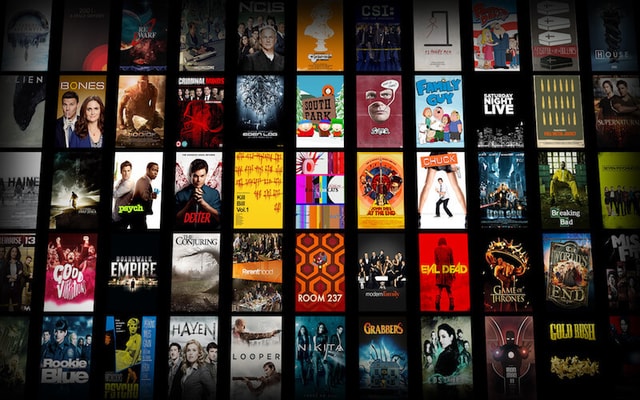
If you haven’t heard of Kodi, you might be living under a rock. And the idea of a Kodi box is hard to resist. It’s a little plastic box – very similar to Roku or Apple TV, but there is one big difference – free access to any show or movie you want. Which you will never see with Apple or Roku. There are no fees whatsoever. Just type in the name of the show you want to watch and within seconds you will be able to watch a high-definition stream.
For many years piracy came in the form of torrents, with sites like The Pirate Bay connecting you to premium content without having to pay. Several factors sent torrent usage from 23% of all North American daily internet traffic in 2011 to under 5% in 2016. That’s a huge drop. Paid alternatives like Netflix and Hulu made it easier. And the price you pay is minimal with these sites. There are “fully loaded” Kodi boxes that make it even easier for you to stream everything you want but be careful of those as they’re not completely legal.
Kodi itself is just a media player. The majority of add-ons aren’t piracy focused. But there are many that are. And the plugins that are available now are very easy for anyone to use. Almost anyone can do it. You just have to follow some instructions and then you’re good to go. What is Kodi’s origin story exactly?

In the beginning, there was an Xbox Media Center, and it was great. But despite the name, XBMC didn’t come from a Microsoft development team. It began as an open source attempt at building a better media client for Xbox consoles. XBMC acquired a loyal fan base, and its development was guided by the nonprofit XBMC Foundation. In 2012, the conflict over add-ons splintered XMBC for good. Nathan Betzen, Kodi Foundation President indicated that’s when they started to see these piracy add-ons start taking off. He says, “It looks so easy to use these things that we wanted no part of it. We’re a nonprofit software development group. We’re pretty happy not getting sued. So we banned them from our forum.”
Rather than give up on their work, or submit to what they saw as XBMC’s guidelines, a group of XBMC developers instead formed XBMC Hub. XBMC Hub was a place for people were free to develop whatever add-ons they liked without worry of restrictions. Which means, anyone can take the software on the hub, and put it on any piece of hardware they want.
There are many, many potential legal issues with Kodi add-ons, but how are they going to be able to stop this? And who are “they” anyway? Maybe you can go after the people developing the add-ons. But they’re just developing open source software, so are they really the ones to blame? Maybe you could go after the people who are putting the streams online, but do we know who they are? People aren’t necessarily going to stop using the Kodi box and opt for Netflix. They may cut back on their usage, but I think the Kodi add-on is here to stay. At least until someone somewhere can find a way around it.

[…] post Did Kodi Actually Take Over Torrents in the Piracy Game? appeared first on Saintel […]